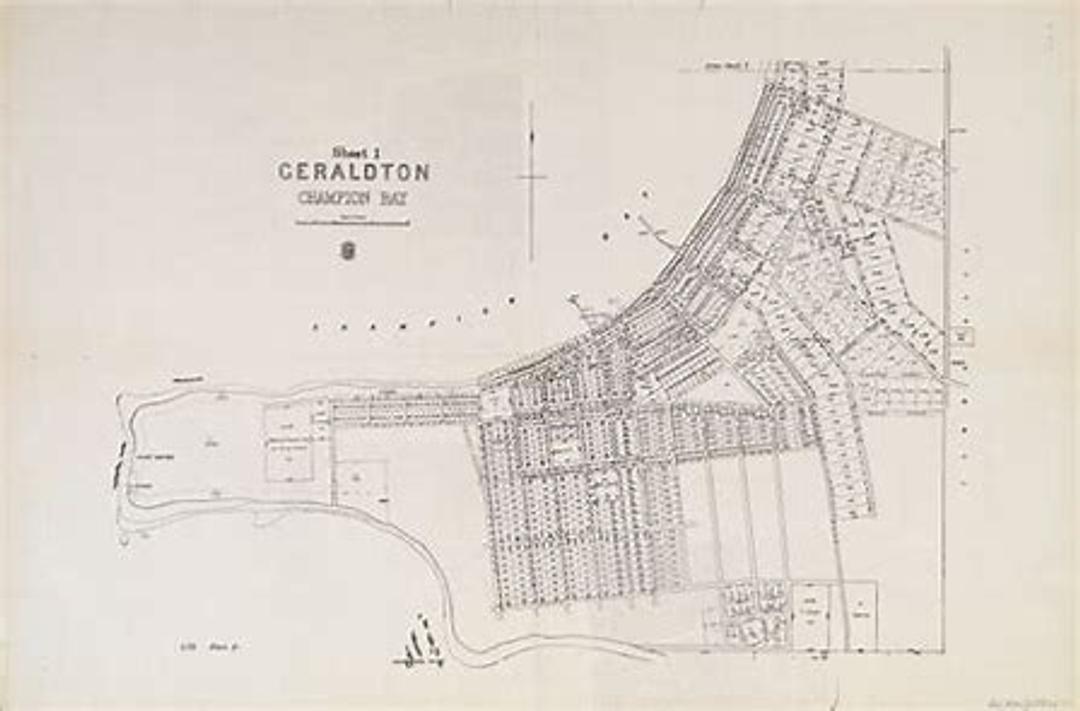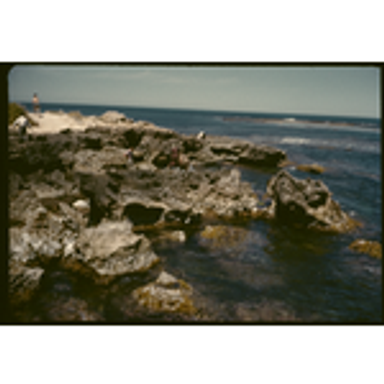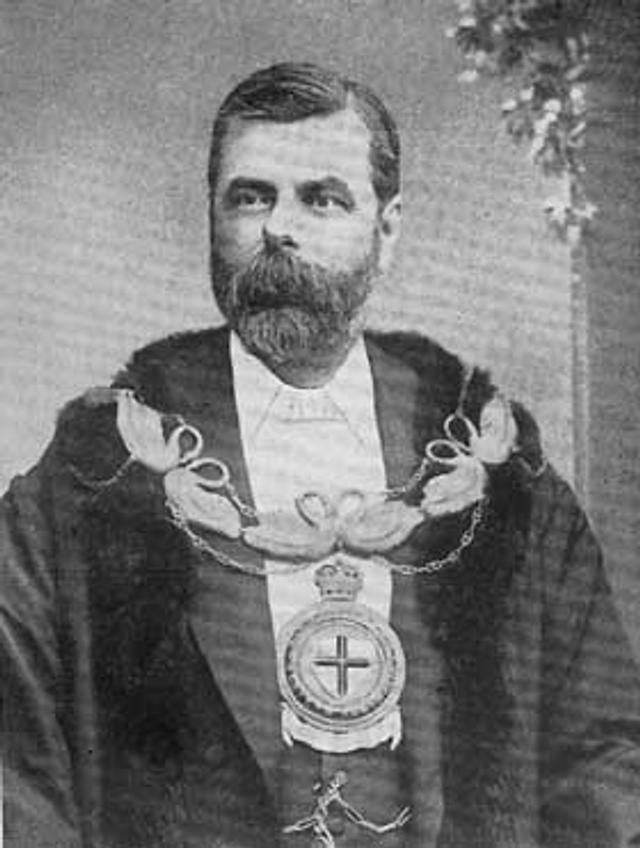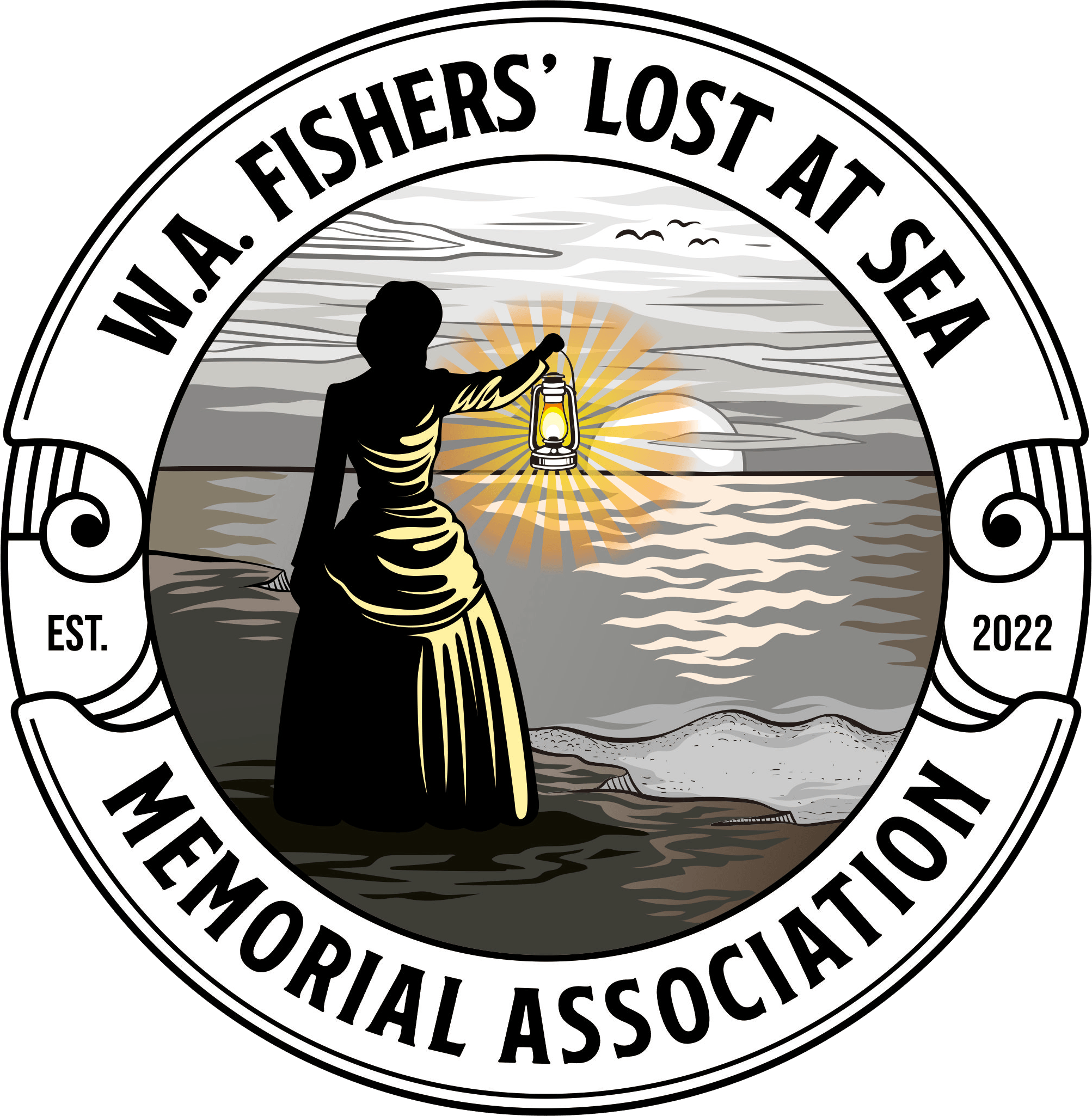John Callaghan
Vessel Name: Neptune
John Callaghan
Lost overboard; body not recovered
23 August 1890




George Shenton
In February 1890 John Callaghan of Geraldton was sentenced to six months imprisonment with hard labour for petty larceny. He was hard up. He had lost his job as the hostler at Trigg’s Freemasons Hotel and had no income to support his wife.
He stole £1 from Mrs Catherine Slavin and used the money to clear bar credit extended to him by Thomas T.R. de Lucey, proprietor of the Geraldton Hotel. His bar bill was 1s 6d. In 1890 half a gallon of beer was 2s and a quart was 1s. John gave five shillings to his wife, which she returned to police when she was told it was stolen. He had nine shillings and six pence in his pocket when he was arrested.
John conducted his own defence, claiming wrongful identification, but he was recognised by several people in the area at the time, some of whom he had spoken to.
The Neptune was a cutter, built in Perth in 1869 for pharmacist and merchant George Shenton. She was just shy of 22 ton, with measurements of 45.83 feet long, 14.17 feet in the beam and 5.38 feet draft [13.96 x 4.48 x 1.64 metres]. Her official number was 61096 and her Fremantle registration number was 4/1870. George used Neptune as a lighter, loading and unloading his merchandise from boats that were too big to moor in shallow water or use the wharf at Fremantle.
In 1885 George sold Neptune to merchants Charles Broadhurst and his son Florance of Geraldton to collect and sell guano from the Abrolhos Islands. The guano was collected from Rat and Pelsart Islands and transported to Champion Bay. It was offloaded for local farmers or loaded onto larger vessels for farmers in other areas.
To fund his guano venture, Charles mortgaged Neptune for £500 to merchant John Bateman in September 1885 at a rate of 8%. The mortgage was discharged in 1893, and Charles retired from Broadhurst & McNeill Co., leaving his share of his business and ownership of Neptune to Florance.
In 1873 there was a court inquiry presided by L. Worsley Clifton, Collector of Customs, assisted by J. de M. Absolon, J.P. and Captain Croke, R.N., Harbour Master and Nautical Assessor. which had forced the boats to remain on their moorings. The May was moored next to Neptune, and her coir warp rode across Neptune’s bows. Neptune’s master cut the warp and May went ashore. The court recommended the master of the May take legal proceedings against Neptune and George Shenton as her owner to recover costs of repairs to the May.
Neptune moored in Champion Bay once or twice per week delivering guano from 1887. Local newspapers reported on numerous occasions that she dragged her anchor and was driven ashore in gales or high tides. On both 31 August and 17 September 1887 Neptune parted both her cables and was blown ashore at Champion Bay.
On 9 and 10 May 1890 Neptune and Broadhurst & McNeill were the subject of a scathing newspaper report when the vessel blew ashore again in a storm that struck Champion Bay and coastline to the north and south of Geraldton. The newspaper accused Broadhurst & McNeill of mooring outside of the safety of the harbour to avoid paying mooring fees.
On 12 April 1887 Neptune was caught in a storm at the Abrolhos Islands. Operations were suspended for three days until the storm passed. The dry guano piled ready for loading was washed away in the heavy rains, and Neptune was dragged on her anchors for some distance.
The newspapers’ next report about John Callaghan was his tragic death.
Following his release from prison on 1 August 1890, he and two other men were escorted by Police Constable James Newton to the Neptune’s dinghy, and checked to make sure they were sober. PC Newton attested to John Callaghan being teetotal for several months, and this was also claimed by Master Pullen in his statement. John had not had a drink since his release from Geraldton Gaol, at the start of the month. The men were being taken to the Abrolhos Islands where they would work for Florance Broadhurst, collecting and bagging guano.
Neptune left Champion Bay at midnight on 22 August 1890.On board with John were Master Thomas Pullen, 2nd hand Charles Silber, Vincent Turner and John Howard. The vessel was also loaded with supplies for the employees at the guano operation. It had been two weeks since the last supplies were delivered. Stormy weather had prevented travel to and from the islands. Employees had caught fish and rabbits for the past week to feed themselves.
At 2am Neptune was four miles from Point Moore. Charles was asleep in the aft cabin, John Howard was asleep below, and Vincent was sleeping on the main hatch.
Master Pullen went below to get a drink of water when a sudden change in wind direction pushed the main boom from starboard to port, knocking John Callaghan over the side of the vessel. The crew heard John falling overboard, and then crying out for help. They were all men with sea experience apart from John Howard and they leapt into action. John Howard remained below. He was not a sea man, and he was frightened.
The boat had jibed when the mainsail moved. Charles Silber caught the main sheet and pulled the boom in. Master Pullen grabbed the tiller to bring the boat around. Then Vincent Turner and Charles lowered the dinghy. The rough seas swamped it immediately, and they had to bail the water out. They did not have enough time.
It was a black night, and the seas were high. John could be heard from the stern of Neptune, but he could not be seen. The crew finally heard John call out “Goodbye”, before the only sound was the rough sea and the wind.
Neptune returned to Geraldton at 9am, and the men gave statements to Police Constable James Newton, who was just finishing night duty and saw Neptune rounding the lighthouse. He knew there was something amiss. She was returning too soon.
Police Inspector Troy was provided with the Police Report from Sergeant Osborn, who stated he was certain there were no suspicious circumstances in the tragic accident that caused the drowning of John Callaghan. John’s body was not found.
The fishing community felt sympathy for John’s wife. A subscription was started for Mrs Callaghan’s relief, and local newspapers urged fishing families and community members to donate what they could.
Neptune continued to carry guano for Broadhurst & McNeill until 1901. Charles (Charlie) Jones was the master and he had two crew, A. McKinnon and J. Inglis. At 10pm on 20 June 1901, Neptune ran ashore in a storm, and was stranded on rocks near the Greenough River mouth. McKinnon and Inglis survived the storm and the wrecking of the boat, but Charlie drowned [See the Neptune story].
